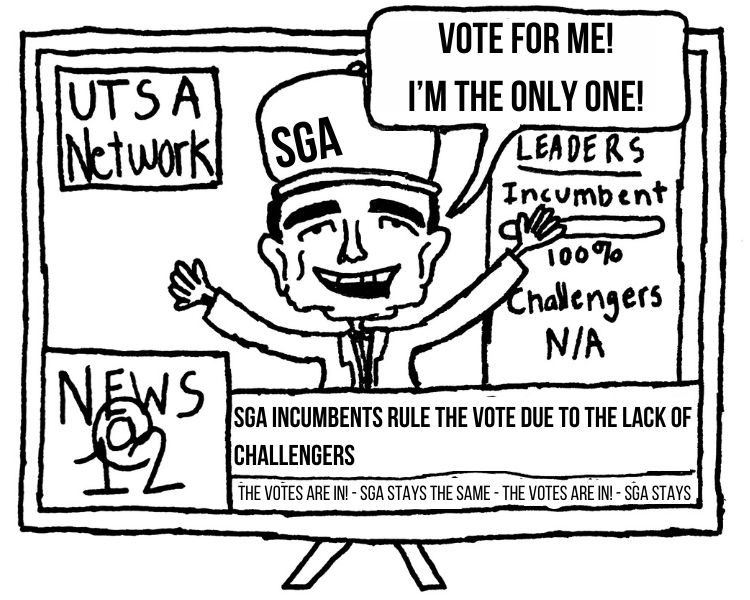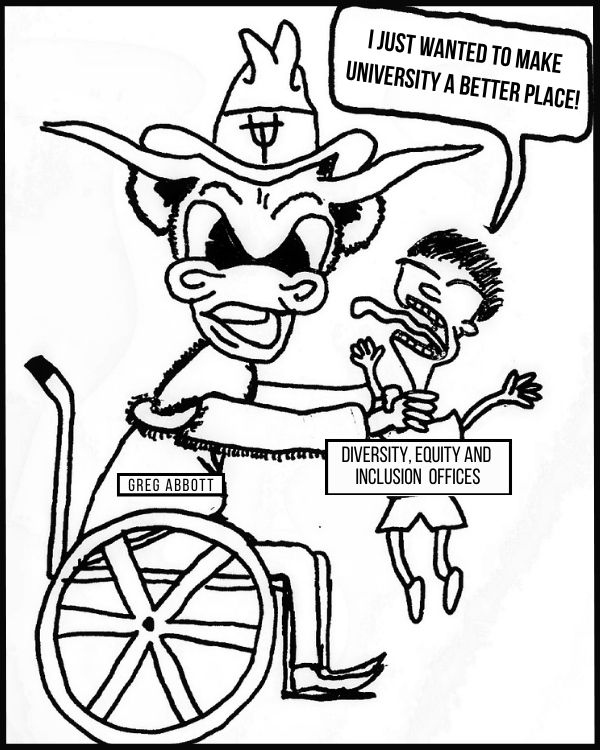

Photo Credit: J. Corey Franco
Last week, it was announced that the Texas Higher Education Coordinating Board and the College for All Texans Foundation would be partnering with education company Pearson to create a competency-based degree, which would be offered at Texas A&M-Commerce and at the new South Texas College beginning next spring. The program would meet Rick Perry’s goal of a $10,000 degree, but does so by offering 90 hours of credit online, away from the classroom.
Students in the program would be able to earn a B.A.S. in Organizational Leadership, and backers of the program — which is funded by a grant from the Bill & Melinda Gates Foundation — hope to have 6,000 students enrolled in the program by 2019. Instead of enrolling in classes, which is typical for college, the program would target working students and allow them to learn online at their own pace by demonstrating proficiency in areas such as Intellectual and Practical Skills or Integrative and Applied Learning.
Taking students out of the classroom and placing them in front of their computers may allow more working students to earn a degree and may cut the cost of the degree by a wide margin, but when students cannot interact with their instructor — cannot ask “why?” or engage with their classmates — it decreases the value of a degree to a piece of paper.
There are some employers who will hire people solely for the diploma on their résumé and there are students who will be content with just a degree in their hand. But, for anyone who wants to truly learn and explore while in college, this degree is a farce, and UTSA would be wise to avoid a similar mistake.
Universities are competing with each other more than ever to make the flashy headlines and court the next crop of students and researchers, but the way to do this is not to offer a degree at a bargain price and then give those students less than what they pay for. A cheap piece of paper may get a graduate to the next rung on the corporate ladder, but the intangibles of earning a traditional degree — networking, asking questions, engaging with one’s peers — are ultimately what makes a student successful in the long-term. Any degree that does not offer these benefits would decrease the name value of the university and redefine what is expected out of a college education.
Of course, a degree should always be affordable to anyone who wants to earn it, but shaving the cost by eliminating the essentials of a university education is not the way to accomplish this.
Gov. Rick Perry believes that degrees should be affordable to students, but instead of pushing for lower tuition and higher funding for education in the Capitol, he has put the responsibility of keeping costs low on the universities and the students. If he wants students to earn a degree for $10,000 or less why did the governor help cut Texas’s per-student spending by more than 20 percent between 2008 and 2013?
As other universities across the state are responding to Perry’s call for cheap degrees, the wise decision for UTSA would be to ignore the governor’s advice. As the new program at A&M-Commerce and South Texas College proves, cheaper degrees may be better for a universities’ bottom line, but the ultimate cost of a cheap degree with gutted benefits hurts students more than it helps. Students should not waste money on a degree whose only reward is an embossed piece of paper, and universities like UTSA — who ultimately want their graduates to lead successful careers — should be hesitant to offer them.

















